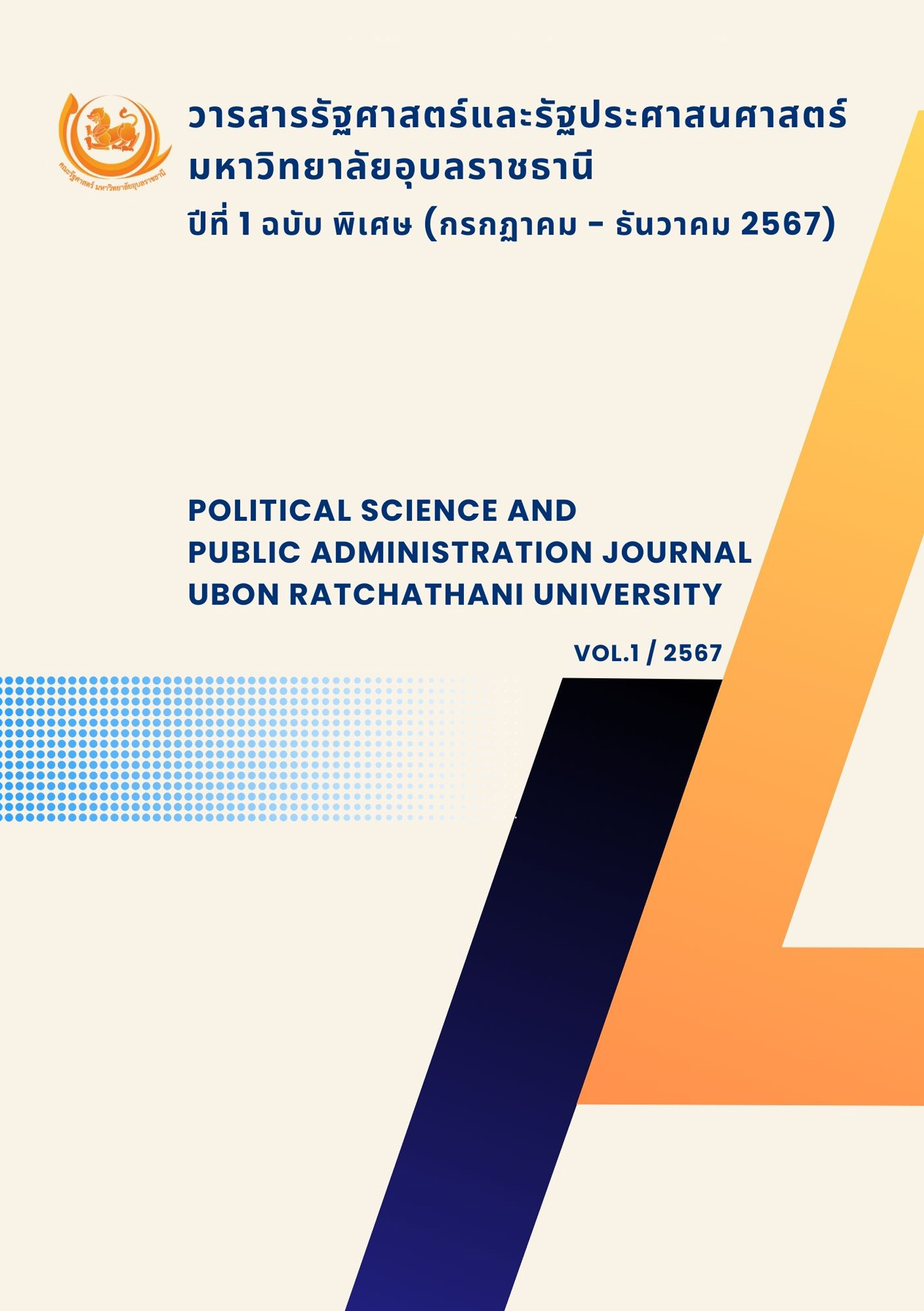Positivism philosophy in political science: evolution and epistemic constraints
Abstract
The purpose of this article is to examine the evolution and epistemic limitations of positivism in political science. The results of the study found that positivism emerged in the 16th century as a challenge to metaphysics. Positivism believed that knowledge and reality derived from human senses, which was related to the success of natural sciences from the 16th to the 20th centuries. As a result, social and political studies being influenced by scientific methods in the behavioralism or positivism period in political science around the 1950s and 1960s.
When it comes to epistemological limitations, positivism—which is associated with empiricist epistemology—cannot verify the existence of phenomena that cannot be proven by experience or the senses. It also has issues with explanatory power, which is unable to access the complexity related to the social construction of meaning in human society, and the problem of conceptual contradictions, which stem from the lack of rigor in the operationalization of concepts in the research community


